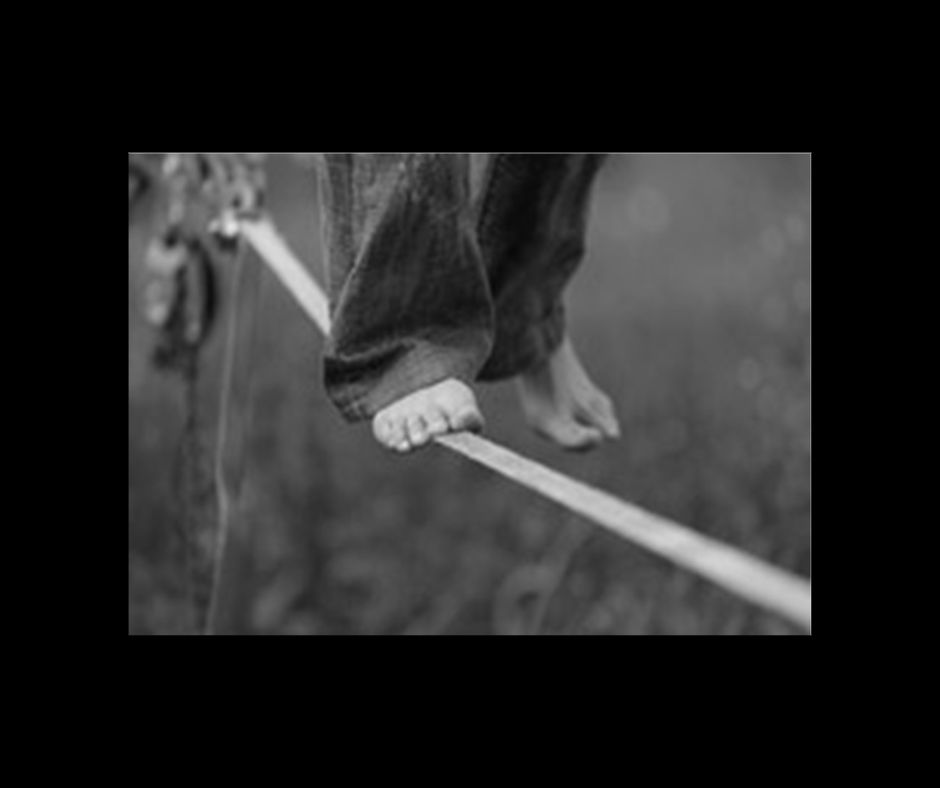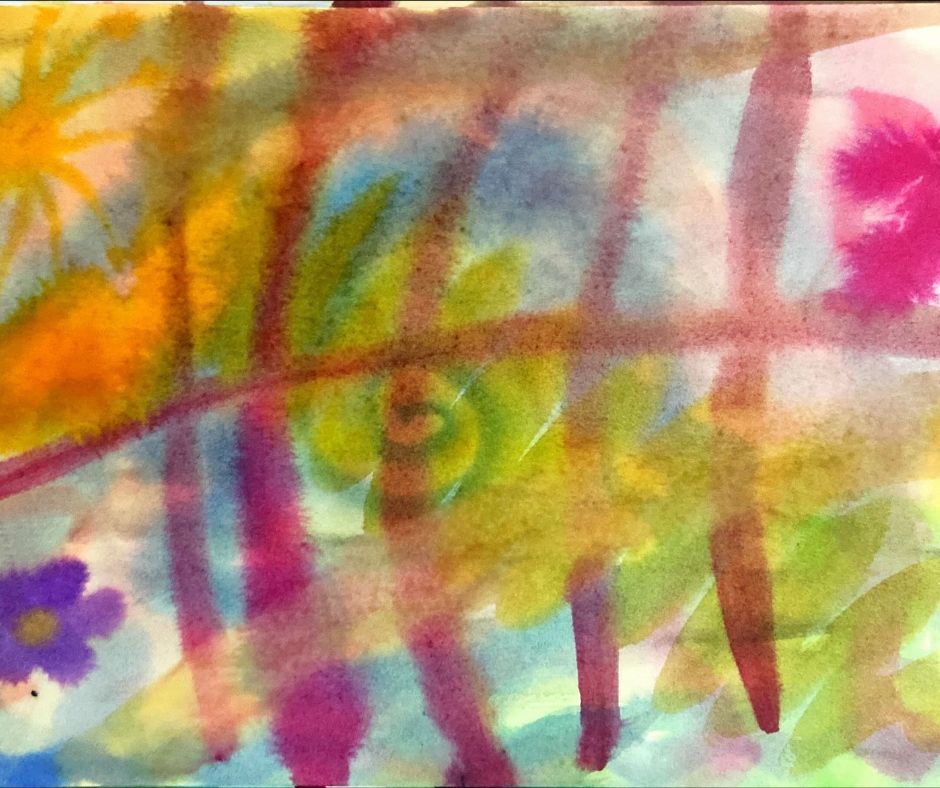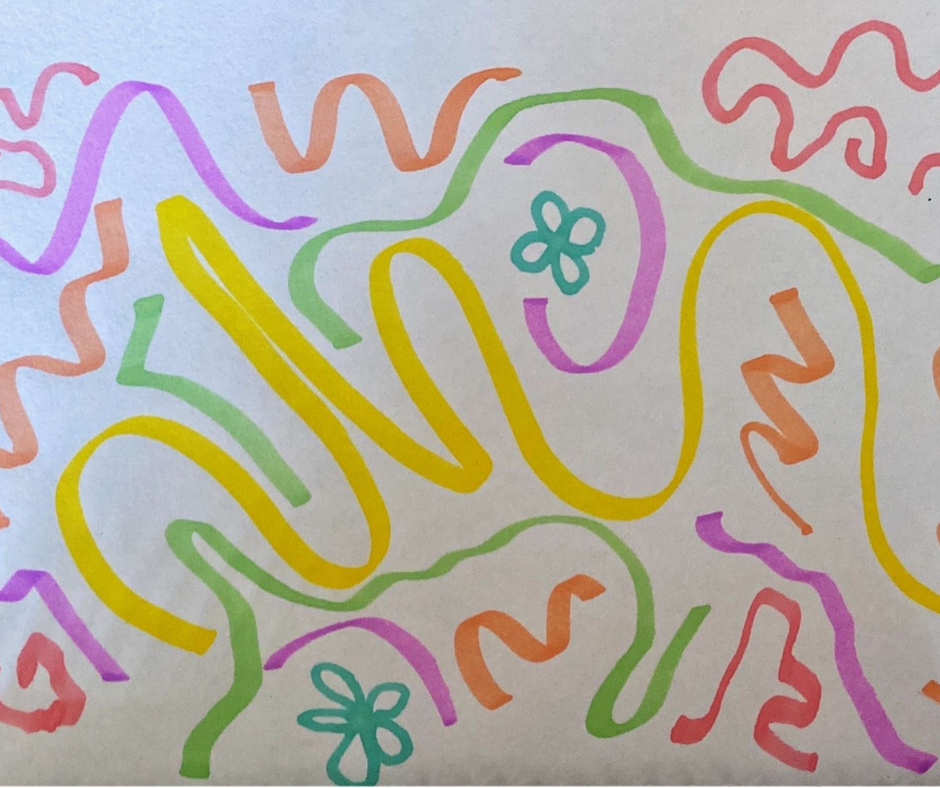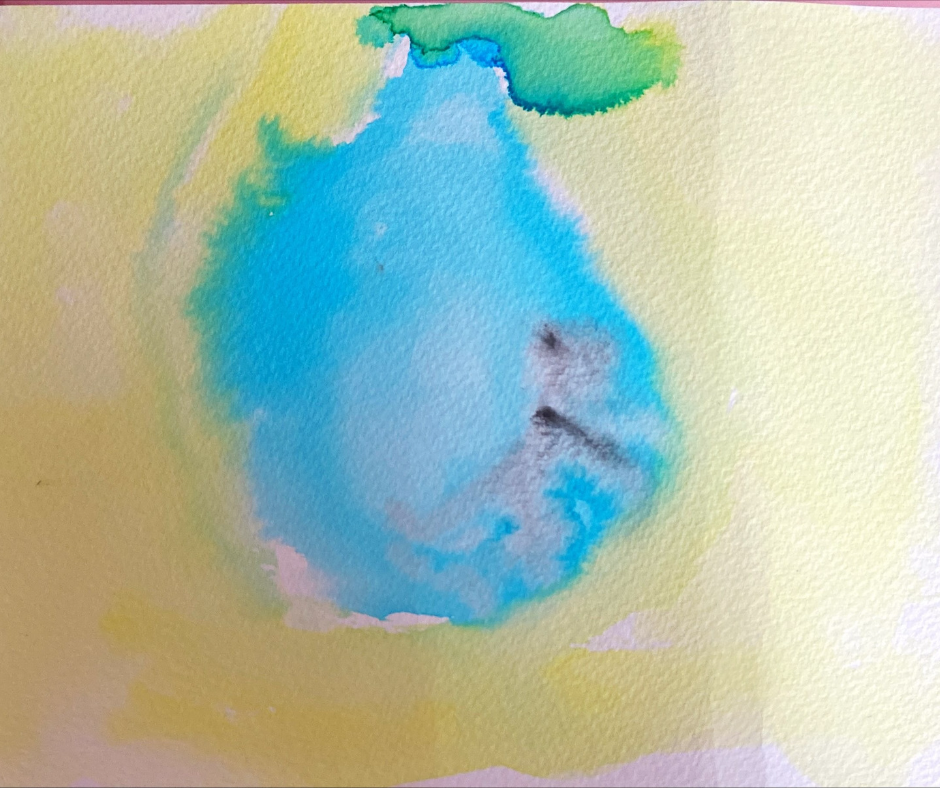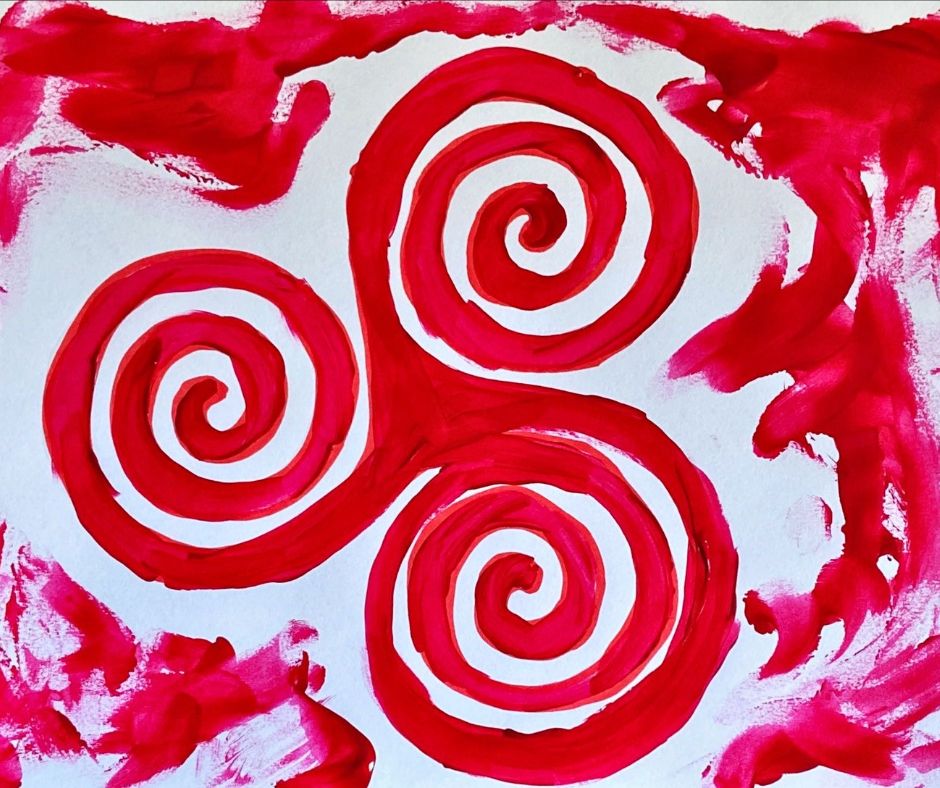
When someone dies, the living relationship you had with them dies also.
The person you love is no longer in your life and what also dies is the hope of ever seeing them again.
That is incredibly hard, but it is final.
Gone but not dead
When a relationship you are in ends and you part company with someone, they are no longer in your life. However, there is always that small hope that you will see them again.
There is therefore no finality in that relationship.
Often when a relationship ends, there is hurt and acrimony left. So that any time you may see that person it is not the same.
How do you grieve a relationship that has had no finality?
If you add to this the complication of dividing up property and child custody and access arrangements, it gets even more difficult.
The difference between losing someone to death and losing them to a relationship end
There are similarities between losing someone through death and losing someone through the end of a relationship, but there are also differences.
For anyone who has lost a relationship, whether to death or a break up, life has to continue. You still have to go out there and work.
There are still bills to pay. If you have children, there are still their needs to attend to. You can’t just lock yourself away from the world until you feel better.
As I already mentioned, the death of someone involves the death of hope that you will ever see them again. But when your relationship has ended, that hope is still there. If the relationship has become acrimonious, the pain of seeing that person again is compounded.
The hope is there but you hope for the old relationship, not what has now developed. It is like twisting the knife.
It is okay for the bereaved to grieve. But what about those whose relationship has ended?
Another difference between the death of a loved one and the end of a relationship is the recognition given to the pain of bereavement and not to the end of a relationship.
People understand that initially you will feel hurt, but the support you will receive is likely to fade away faster than if you were bereaved.
Plus there are other things to grieve for as well as the end of the relationship.
Am I defective or unloveable?
If someone stops loving you, what does that say about you as a person? Does that mean you are unloveable? Does that mean you are defective? If the other person left you for someone else does that mean you are not worth having a relationship with? Even if you are the one to end it, what does it say to you about your romantic choices?
In a close relationship you define yourself through the relationship. When that relationship is gone, then your definition of self is damaged.
If the relationship end is acrimonious and there are nasty things being said, particularly about you and your parenting ability, it is hard for you to see yourself as worthwhile.
My idea of being a parent just disintegrated
There is also grief at the end of your picture of parenting. You are likely facing co-parenting. No matter how well you and your ex handle that, your picture of what being a parent was has disintegrated. Maybe in time you will build a new picture, but for now that hasn’t happened.
I have to leave my dream home
You are quite likely going to have to leave your family home. If you own it, selling it becomes part of the property settlement. If you are renting, you may not be able to afford to continue to pay that rent on your own.
I struggle financially now
Your financial situation may deteriorate as well. When there are two incomes, then you can often live comfortably. With one income it becomes a lot more difficult.
Grieving the end of a relationship – a summary
When a relationship ends you have many things to grieve:
• The person you loved is no longer in your life.
• You may continue to see them, but the relationship has changed, so there are constant reminders of what was and what you cannot
have any more.
• Where there was love, there may be hurt and acrimony.
• They may start another relationship.
• Your picture of how you would parent your children has disintegrated.
• Your sense of yourself as being a good and loveable person is damaged.
• Your financial status is reduced.
• You may lose your home.
• And so many more losses not listed here.
What can I do about this?
One of the most important things to do is to love yourself. Surround yourself as much as possible with people who will hold you in their love and support you.
Never forget you are wanted. You are lovable. You are not defective.
Remember, emotional pain is processed in the same part of the brain as physical pain. Don’t dismiss your emotional pain. You don’t dismiss physical pain and emotional pain is just as real as physical pain.
Be kind to yourself
You are grieving.
You have lost a relationship, your future dreams, your financial security, your sense of safety in the world.
You spent a lot of time with this person you loved. They occupied your time and your emotions. Their departure leaves a large gap in your life.
Just as with the death of a loved one, your brain has to rearrange its neural networks to adjust to the loss of this person from your life.
Be kind to yourself. Allow yourself time to grieve. Allow yourself days to be upset and not cope well.
Grief takes time, so be patient.
Remember you are grieving and it is okay for you to grieve.
Grief takes time. It must run its course. Things may seem hard right now, but there will be a day when it will feel easier.
Give yourself permission to cry, scream, lock yourself away for a short time.
Be okay with hating your ex, with being angry, with being sad, with frustration and confusion.
To heal, you must first grieve. There is no way of skipping the grief step.
Give yourself some slack to have bad days.
If it gets too difficult to manage then seek help from a counsellor.
The way of the Triskelion
A few years ago I read about applying the idea of an ancient symbol, the triskelion, to your situation.
This ancient symbol has been used in many cultures for thousands of years. In our world the Celtic interpretation of this symbol is
often applied.
For the Celts the Triskelion had many meanings.
One was that it represented birth, death and rebirth. In terms of your recovery from the end of a relationship that has died there is
the rebirth that will come later.
It is also considered that the Triskelion revolves around strength, progress and the ability to move forward and overcome extreme adversity. These can all be goals to aim for as you allow yourself to grieve.
The path of rebirth
As you work your way through your grief don’t expect to find the type of closure you get with death. In death there is an end to things and eventually a sense of meaning.
With relationship endings it is not possible to end things. You have to find your own resolution and your own meaning in the uncertainty of the end of a relationship.
Over time you will heal and be able to remember the good times and process the bad times.
It will be scary, but you can continue to live after the end of a relationship.
In time you may find another relationship. Or maybe you won’t.
The important thing is that you have survived grief. There will always be that pain, but you will be able to live a happy and productive life.
Can I Help?
If you would like to talk to me about how I can help you with your relationship grief, please contact me on 0409396608 or nan@plentifullifecounselling.com.au
If you would like to learn more, I write a regular newsletter with interesting information, tips, information on courses, and the occasional freebie. At the moment I have a free mindfulness meditation for anyone who signs up to my newsletter. This meditation offers a way to safely explore your feelings and learn to be okay with them. If you would like to subscribe please click on the link here: http://eepurl.com/g8Jpiz




